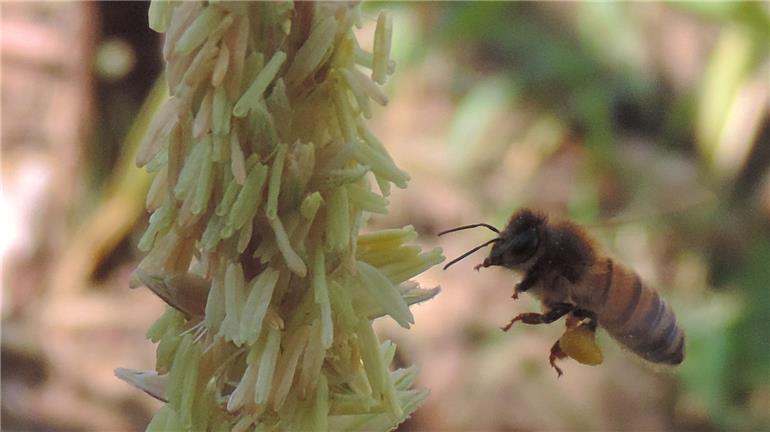I suspect that memory lapses concern us more than our peers. CLL related fatigue fogs our brains as well as draining our bodies and we aren't as sharp mentally if we are battling infections. And that's not even considering the belatedly recognised effects of treatment on cognition by the medical fraternity, now colloquially termed 'chemobrain'. Plus many of us are reaching that age when dementia becomes more of a concern, particularly if we've witnessed it occurring in a parent or older relative. So hopefully, this short but comprehensive article by Serge Gauthier, Director of the Alzheimer's Disease Research Unit at McGill University, Montreal, Canada will put your mind at rest or at least explain what you or a family member should do to check if your concerns have any validity.
"From time to time, we all misplace our keys or forget someone’s name, at least for a few minutes. This may prompt worry about “getting Alzheimer’s”, particularly if we have an older parent who was afflicted by this disease.
It’s easy to see why people are concerned. Around one in nine people aged over 65 has Alzheimer’s disease. One in three over 85 has the disease. The risk increases with age and has a genetic component."
theconversation.com/health-...
Encouragingly, if you've followed the health tips espoused on this site for improving your life with CLL and are involved with this community, then you've already done well in following the strategies mentioned in the article to reduce or prevent your risk of developing Alzheimer's:
"1) Reduce your vascular risk factors in mid-life: exercise regularly, reduce your weight and don’t smoke. This also helps control high blood pressure, high cholesterol and diabetes if you already have these conditions.
:
2) Keep you mind busy, preferably with social interactions."
For a more general post on Cognitive Aging: Progress in Understanding and Opportunities for Action, see: healthunlocked.com/cllsuppo...
"At this point in time, when the older population is rapidly growing in the United States and across the globe, it is important to carefully examine what is known about cognitive aging, to identify the positive steps that can be taken to promote cognitive health, and then to take action to implement those changes by informing and activating the public,"
Neil
Photo: The bees here love corn pollen!

 Other times - well yes, the favourite vegetable is a good description. I think mine is a stodgey potato
Other times - well yes, the favourite vegetable is a good description. I think mine is a stodgey potato 